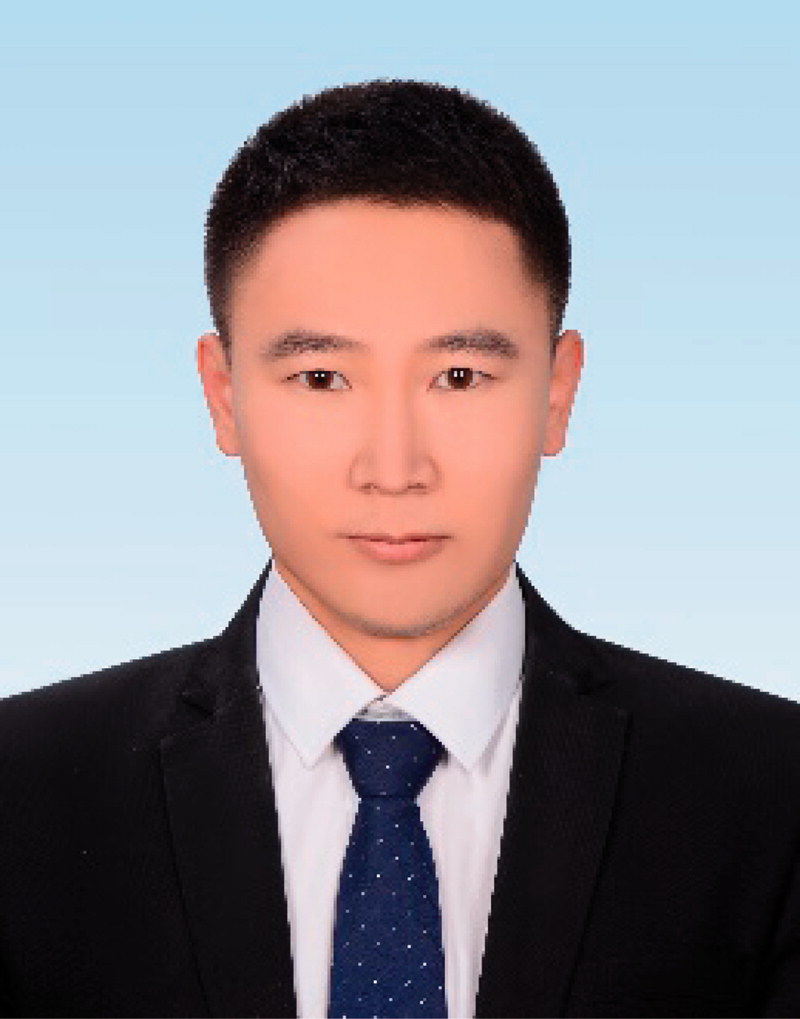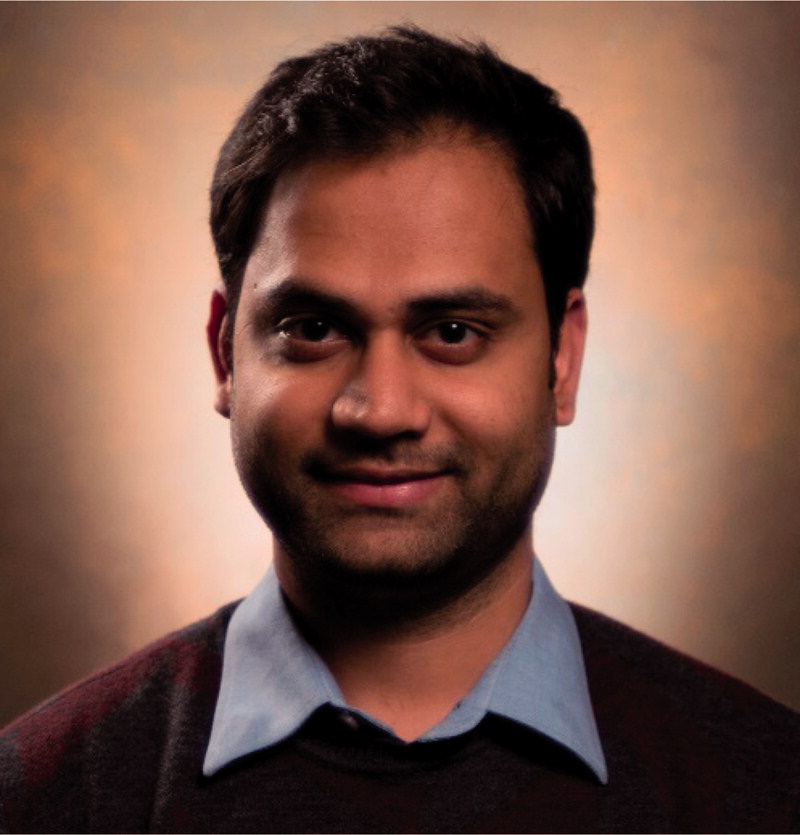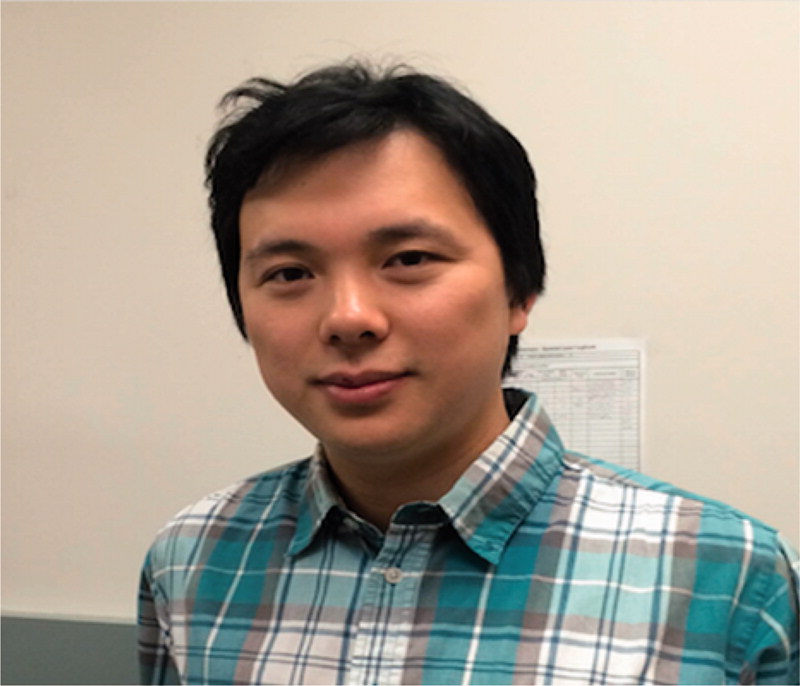Clinical 2018 Award Winner

Li, Jianming et al. Ultrasound-guided percutaneous microwave ablation versus surgery for papillary thyroid microcarcinoma
Beijing friendship Hospital, Capital Medical University, Beijing, CN
Dr. Jianming Li received his Master's Degree from Jilin University in 2017. His thesis work dealt with the general subject of Medical imaging and Nuclear Medicine. He is currently pursuing his MD degree at Capital Medical University, where he intends to focus on interventional radiology and ultrasound. Dr. Li has received several prior awards, including two prestigious scholarships from Jilin University. He has also presented his work at conferences in Japan, Korea and Hong Kong.
Physics/Engineering 2018 Award Winner

Kandala, Sri Kamal et al. Temperature-controlled power modulation compensates for heterogeneous nanoparticle distributions: A computational optimization analysis for magnetic hyperthermia
Johns Hopkins University school of Medicine, Baltimore, MD
Dr. Sri Kamal Kandala received his Bachelor’s degree in Mechanical Engineering from National Institute of Technology Warangal, India. He later received a Masters and Ph.D. degree in Mechanical Engineering from Johns Hopkins University, Baltimore. During his doctoral studies, his research primarily focused on developing computational based strategies for clinical translation of magnetic nanoparticle hyperthermia (MNPH). In this work, he developed optimal strategies of modulating nanoparticle heat output based on the temperature measured at the tumor-healthy tissue boundary to compensate for variable nanoparticle distribution and deliver an effective thermal dose. Additionally, he also developed computational tools to estimate temperatures due to eddy current heating during MNPH and characterized nanoparticle formulations used in image-guided thermal therapy of liver cancer. He is currently working as a Postdoctoral Fellow in the Department of Imaging Physics at MD Anderson Cancer Center, Houston. His current research focuses on the use of machine learning and deep learning techniques for improved early detection of cancer using magnetic relaxometry.
Biology 2018 Award Winner

Shao, Qi et al. Engineering T Cell Response to Cancer Antigens by Choice of Focal Therapeutic Conditions
University of Minnesota, USA
Qi Shao received his BS degree from Zhejiang University in China in 2010 and PhD degree from the University of Minnesota in 2016, both in Biomedical Engineering. During his doctoral training, his primary work in Shai Ashkenazi’s lab was on the development of photoacoustic lifetime imaging on small animals of functional biomarkers in cancer, including tissue oxygen and enzyme activity. This biomedical imaging method serves the foundation for an image-guided photodynamic therapy integrated structural and functional feedback. In addition, he also contributed to a range of novel imaging methods with Bin He’s lab on tissue electrical property and nanoparticle distribution for cancer diagnostics, utilizing physical principles of (1) magnetoacoustic effect with magnetic induction (2) and magnetomotive ultrasound generation by nanoparticles and (3) Magnetic-resonance electrical property mapping.
After completing his PhD training, he has been serving as a Research Associate at the department of Mechanical Engineering and a scientist at the Institute for Engineering in Medicine at the University of Minnesota. Working with John Bischof, his primary focuses are cryosurgery, thermal ablation and other focal therapies (e.g. irreversible electroporation - IRE) for treatment of cancer and cardiovascular disease. His primary interest is to uncover the mechanisms of immune response from different focal therapies (cryo, IRE and heat), especially in the presence of checkpoint protein blockade (e.g. anti-CTLA-4 and anti-PD-1). His goal is to understand and harness these immune responses for improving primary and metastatic cancer treatment.
